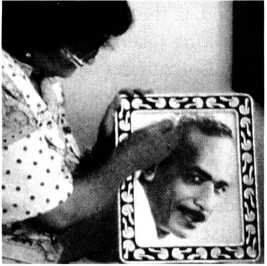
Many filmmakers became more politically committed during the late 1960s and early 1970s, and this had long-range effects on both documentary and avant-garde films. Left-wing documentarists, often trained in Newsreel or other collectives, continued to work independently. In the mid-1970s, several experimental filmmakers tried to merge avant-garde formal strategies with the criticism of ideologies. By the 1980s, social and political critique—often from the standpoint of feminists, homosexuals, and ethnic minorities—had become a central feature of the world’s documentary and experimental filmmaking.
This development took shape against the background of other trends. In documentary, the Direct Cinema impulse continued, but often in a subdued form that merged it with more traditional methods. A few documentarists began questioning the very possibility of adequately recording reality. During the late 1980s and 1990s, revolutions, government repression, and the collapse of the Soviet Union created urgent reasons for taking advantage of film’s documentary resources. Meanwhile, experimental cinema was dominated by a reflexive and form-centered movement known as Structural Film. Eventually, reactions set in and other avenues were explored, particularly the narrative-based experimental film. A proliferation of different styles led to a belief that avant-garde cinema had entered a postmodern phase. Both documentary and the avant-garde were profoundly affected by the growing presence of broadcast television and home video.




 World History
World History









